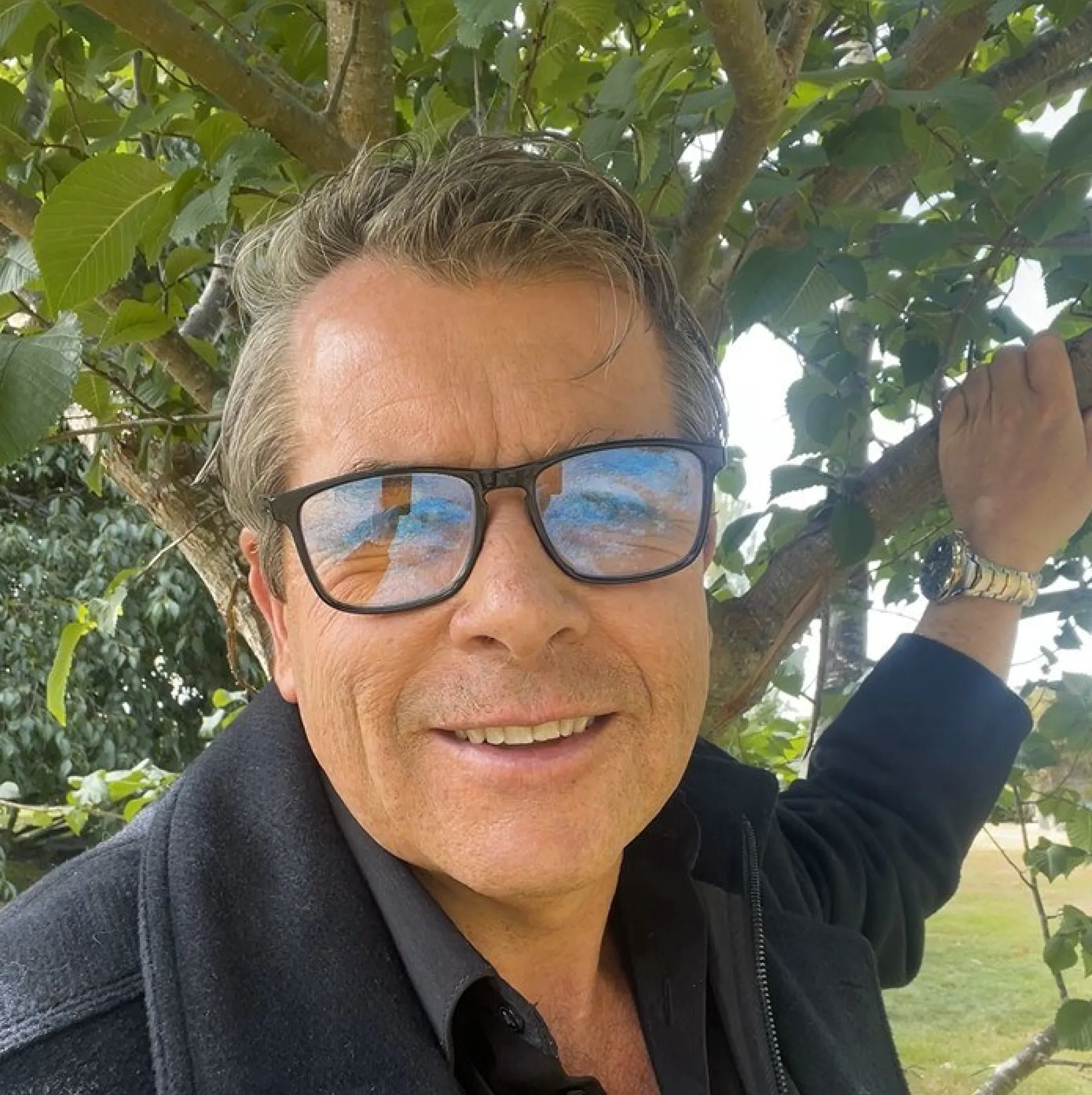
Inventory Forward. Recovery Powered. Strengths First.
AA teaches us to take inventory. But it rarely tells us to inventory our strengths.
The Big Book mentions “strength” just six times. None of those references ask us to name our gifts, refine them, or deploy them in service of recovery. Instead, we’re encouraged to list defects, resentments, and shortcomings. That’s important—but it’s only half the story.
Every high-performance domain—business, sport, science, the arts—follows a simple rule:
• Spend 80% of your energy improving strengths
• Spend 20% managing weaknesses
That’s how you build momentum. That’s how you recover.
The NBA Analogy That Lands
You don’t take a five-foot-tall person and try to turn them into an NBA superstar. You take the 6'7" athlete and build around their strengths—speed, agility, vision. Sure, you help them shoot free throws if they choke under pressure. But you don’t build the whole program around their flaw.
So why, in recovery, do we build our entire spiritual architecture around what’s broken?
How To Actually Execute This
Stop writing endless lists of resentments. Especially the minor infractions from 15 years ago. You told your neighbor to shut his barking fkn dog up. Who cares. That’s not recovery. That’s emotional archaeology with no return on investment.
If you want to write something down, grab a piece of paper. Two columns:
• Column A: List your strengths
• Column B: For each one, write how you’ll improve, refine, or leverage it to build a more robust recovery and a more fulfilled life
That’s a forward-looking inventory. That’s a tactical how-to. That’s spiritual propulsion.
My Strengths, My Recovery Engine
I act decisively. I take risks. I distil complexity into clarity. I write with conviction. I run a business that funds my spiritual mission. That’s where I spend 80% of my energy. Because that’s where the bang for buck is. That’s how I quench spiritual thirst—not by staring at a glass half empty, but by building a well.
Sure, I work on my weaknesses—hubris, frustration, impatience, anger. But I don’t build my recovery around them. That would be like trying to fix a car by staring at the dents instead of tuning the engine.
Doctrine Thread
Inventory should be a tactical map, not a spiritual autopsy.
Recovery isn’t just about fixing what’s broken.
It’s about fuelling what works.


About Jason Bresnehan
Jason is a fixer—of businesses, of broken momentum, and occasionally of entire spiritual frameworks gone sideways. He speaks fluent boardroom and AA, deploys Catholic doctrine with the subtlety of a scalpel, and isn’t afraid to lace his insights with both war-room metaphors and dad-sermon tenderness.
Founder of Evahan, a consultancy built on the idea that legacy and liquidity don’t need to fight, Jason draws on 30 years of commercial grit, tactical leadership, and emotional radar to help people rebuild what entropy took. He works with companies, communities, and recovery misfits alike—often using the same principles to sort both cap tables and chaotic lives.
Jason draws deep inspiration from historical figures who got results—especially those who led from the margins, built with scarce resources, and refused to be shackled by conventional wisdom. He’s known for assembling unorthodox teams of passionate experts to solve complex problems in chaotic environments. Whether in boardrooms, recovery communities, or legacy disputes, Jason’s approach is rooted in common purpose, tactical innovation, and the belief that clarity thrives when paradigms are challenged.
A strong advocate for freedom, limited government, and enterprise-driven progress, Jason also draws deeply from his personal recovery journey—an experience that reshaped his life and fuels his commitment to growth, contribution, and principled living. Through writing, speaking, and service, he continues to learn, share, and speak with purpose.
I can be engaged (on a remunerated or volunteer basis) to sit on Boards, Committees, Advisory and Reference Group Panels, and to speak to Business, Community, and Youth groups. I’m also open to providing comment to media on topics where I have relevant experience or insight. Please feel free to make contact.
